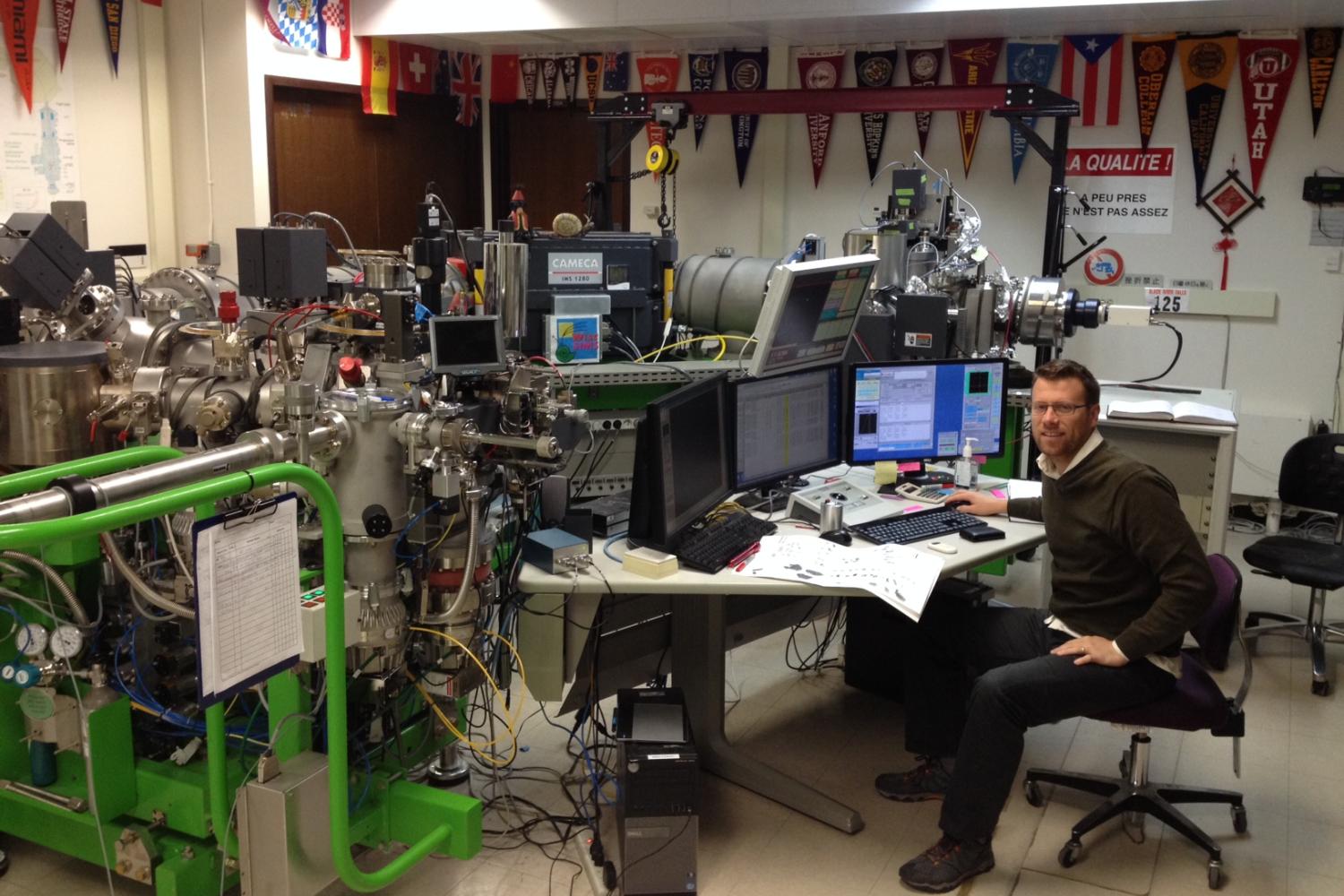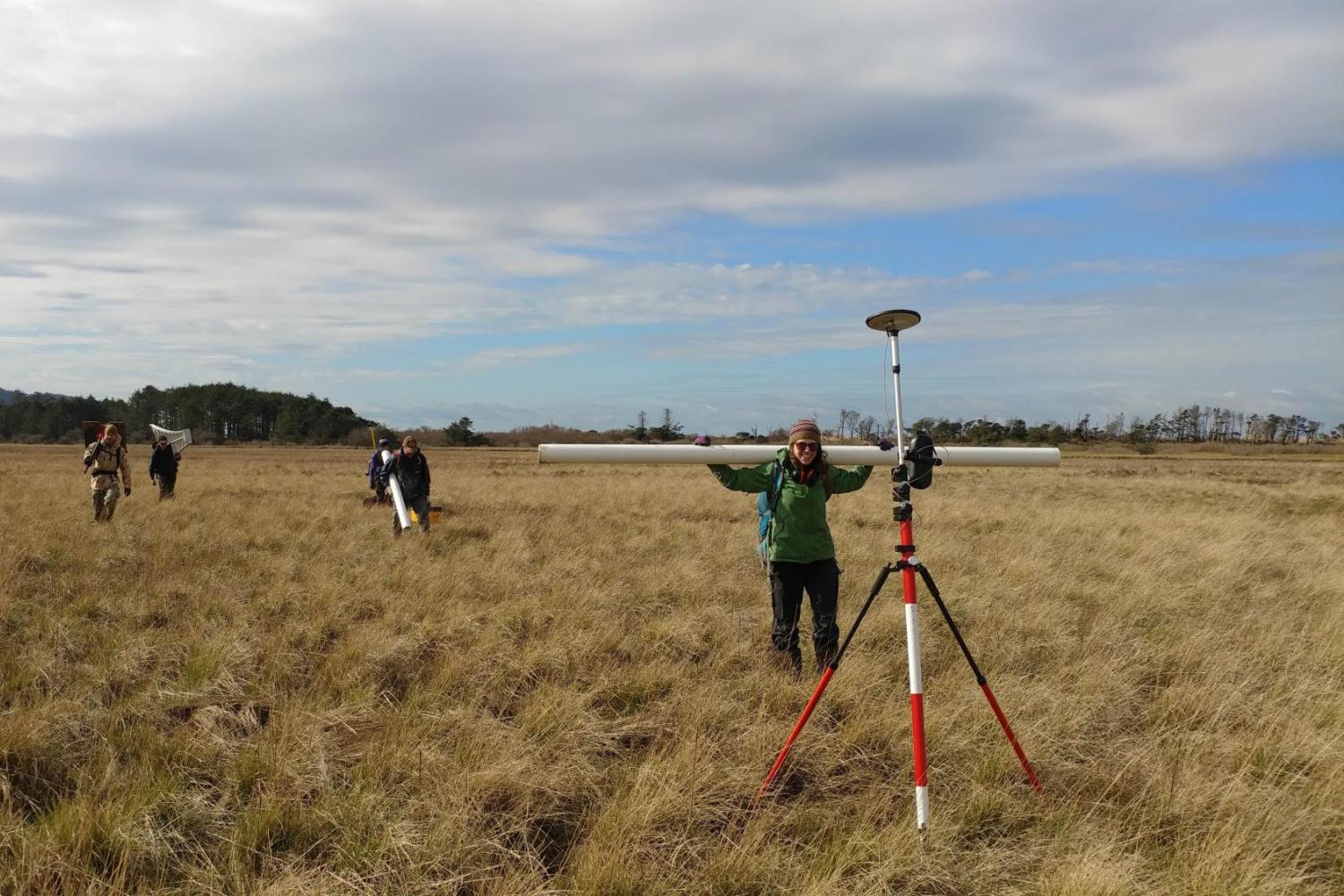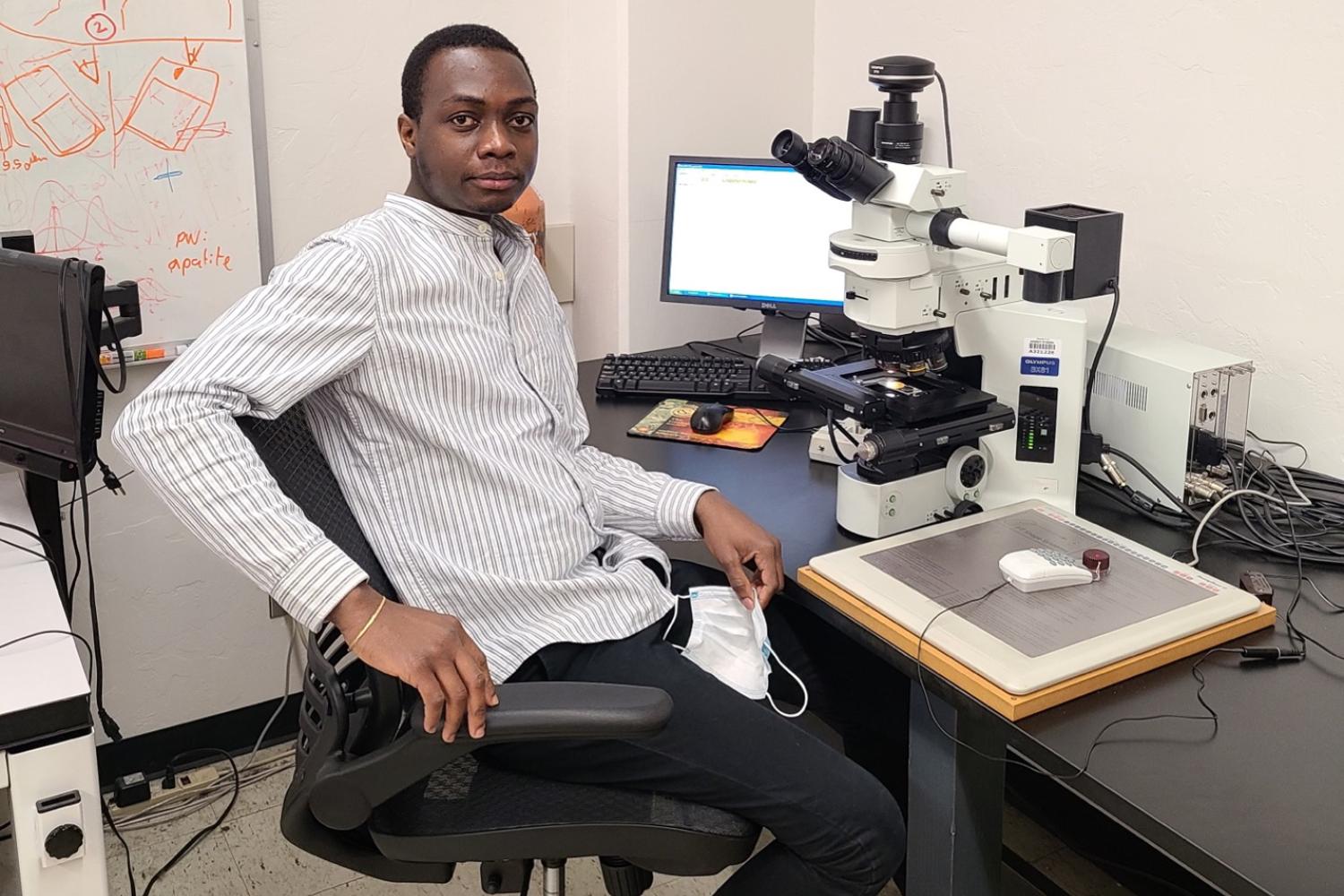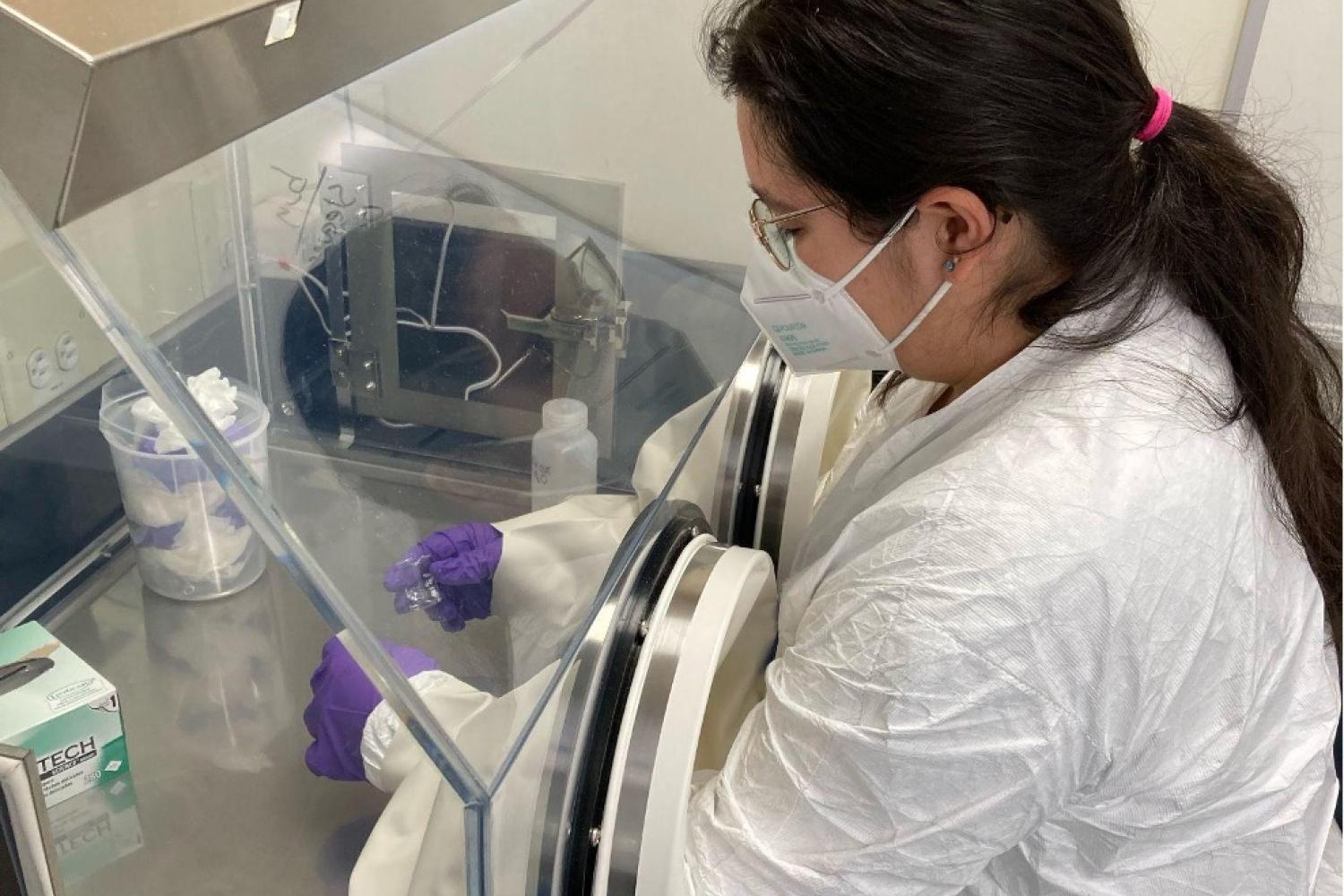About
We are extremely disappointed that the NSF award that supported the AGeS3 initiative was terminated on April 25, 2025. The reason given was that the program was no longer in alignment with NSF priorities.
140 AGeS-Grad awards
$8,547 Average award amount
496 Submitted proposals
9 Proposal cycles
>70 partner labs
>120 geochronologist mentors
*19 projects are incomplete due to the termination of AGeS
15 AGeS-Future awards
$15,871 Average award amount
28 Submitted proposals
2 Proposal cycles
14 AGeS-TRaCE awards
$8944 Average award amount
16 Submitted proposals
1 Proposal cycle
*These projects are incomplete due to the termination of AGeS
Geochronology data provide the temporal information required for synergistic science from the mantle through the critical zone, yet National Academy reports have repeatedly highlighted challenges for geochronology data access, technical innovation, and training. The AGeS3 project will address these geochronology needs through multiple micro-funding programs that will make ~160 strategic micro-awards of $8-$15k each.
- The mature AGeS-Grad program (up to $10k awards) will support high-impact collaborative science projects between graduate students, labs, and home institution mentors. AGeS-Grad will make ~110 awards over 5 proposal cycles.
- The AGeS-Future program (up to $18k awards) will fund initiatives to increase access to geochronology for students who do not have easy access to geochronology data and training.
- The new AGeS-TRaCE (Training and Community Engagement) program (up to $10k awards) will support community-led efforts to address other identified geochronology needs. AGeS-TRaCE will make ~20 awards over 2 proposal cycles.





